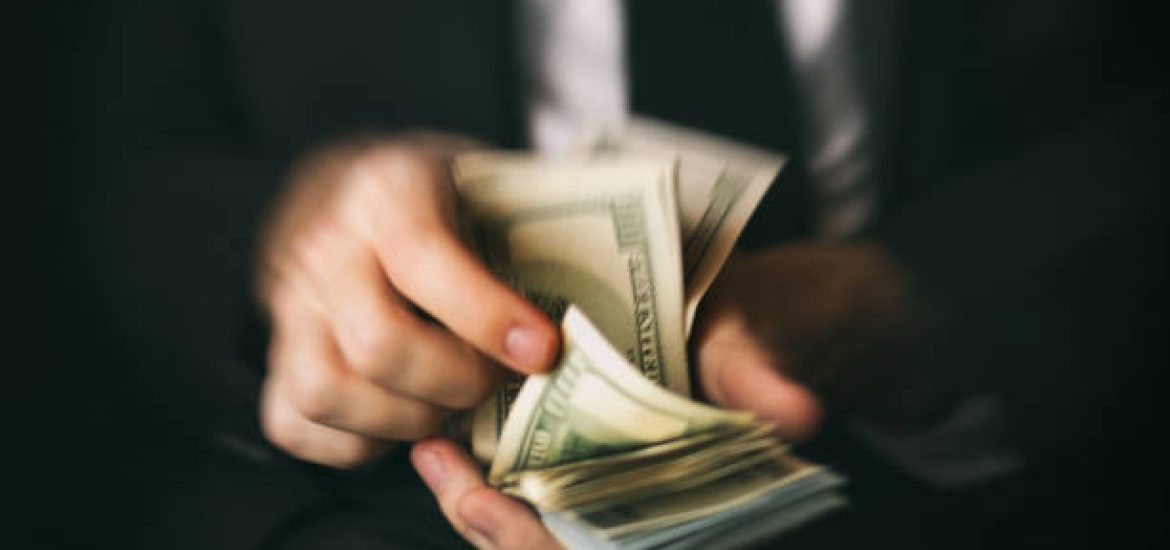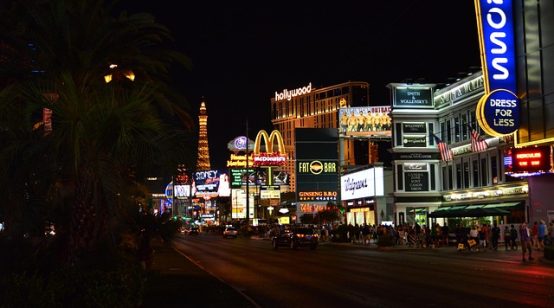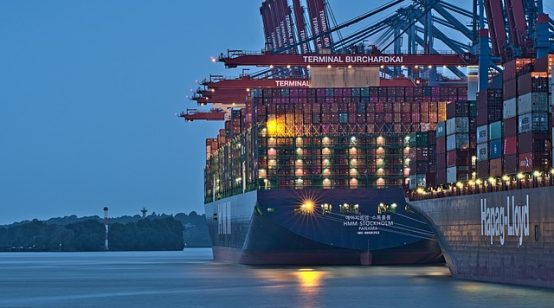
A growing number of wealthy business leaders are openly criticizing US President Donald Trump’s plans to impose sweeping tariffs on America’s trading partners. This backlash is intensifying as fears mount over the potential economic fallout, which has already unsettled global stock markets.
Bill Ackman, billionaire investor and early supporter of Trump’s 2024 presidential campaign, issued a stark warning. He described the new tariffs as the equivalent of launching an “economic nuclear war” that could bring business investment to a grinding halt and cause consumers to drastically reduce spending. Ackman cautioned that the damage inflicted on the US’s reputation with its global partners could take years or even decades to repair.
Tariffs Roll Out Amid Global Economic Anxiety
Last Saturday, a baseline 10% tariff on all imported goods officially took effect in the US. Starting this week, “reciprocal” tariffs targeting dozens of countries with the largest trade imbalances will be enforced. Among those facing the highest levies are China and the European Union, which will see tariffs rise to 34% and 20%, respectively.
These moves have sent shockwaves through financial markets worldwide. Stock exchanges in Asia and Europe suffered steep losses following Trump’s announcement, and futures indicated that US markets might face similar declines. The sharp market reactions underscore widespread investor concern over the tariffs’ impact on global economic growth and trade stability.
Influential Voices Oppose Tariff Escalation
Other billionaires and corporate leaders have publicly voiced their disapproval of Trump’s escalating tariff approach. Jamie Dimon, CEO of JPMorgan Chase, warned that the tariffs risk increasing inflation, triggering a recession, and damaging America’s global standing. In his annual shareholder letter, Dimon emphasized that the tariffs could slow economic growth and disrupt supply chains.
Stanley Druckenmiller, a billionaire investor managing Duquesne Family Office, also weighed in, expressing his opposition to tariffs exceeding 10%. Ken Fisher, founder of Fisher Investments, condemned the policy on social media, describing it as “stupid,” “arrogant,” and “ignorant” trade policy that addresses problems that don’t exist. Fisher suggested that the fear surrounding the tariffs is disproportionate to the actual risk.
Even Elon Musk, one of the world’s richest individuals and a known Trump ally, spoke out for freer trade. In a video discussion with Italy’s Deputy Prime Minister Matteo Salvini, Musk advocated for a “zero-tariff” trade environment between Europe and North America, hoping to see the creation of an effective free-trade zone.
Economic Uncertainty Threatens Business Investment
Economic experts warn that the uncertainty surrounding the tariff policy is causing many companies to postpone investment decisions. Simon MacAdam, deputy chief global economist at Capital Economics, pointed out that businesses—especially mid-sized and large corporations—are hesitant to commit hundreds of millions of dollars to new projects if tariffs might be reversed shortly after.
Bill Ackman called for a 90-day “time out,” urging the administration to negotiate with trade partners to address unfair tariff disparities before escalating measures further. He argued that the current approach is “massive” and “disproportionate” and does not reflect the preferences of most Americans.
President Trump maintains that the tariffs are necessary to correct years of imbalanced trade, where other countries allegedly impose higher duties on US goods than the US does on theirs. However, investors remain skeptical of this justification, as the immediate consequences appear to be rising prices, market volatility, and potential damage to long-term international trade relationships.





